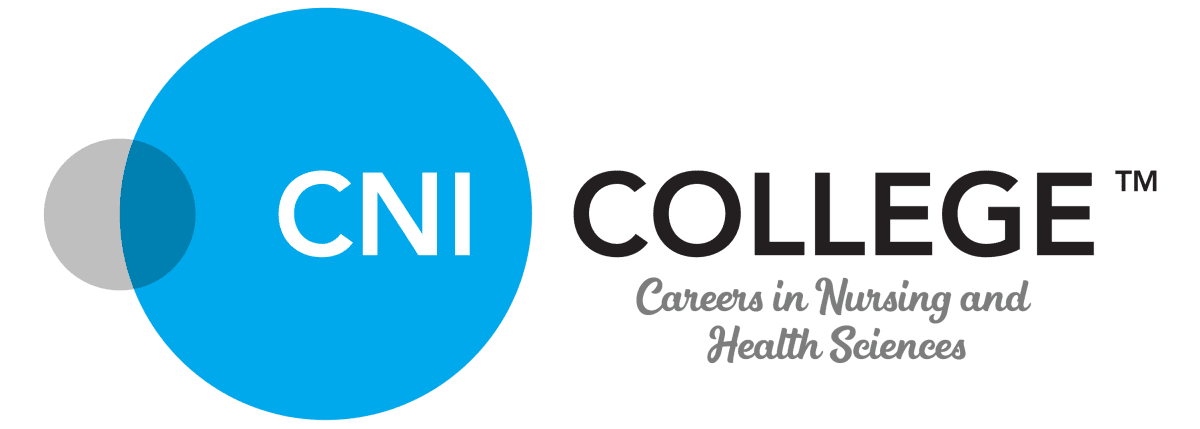The world of healthcare is a dynamic and rewarding field, attracting compassionate individuals who want to make a difference in the lives of others. If you’re a 20–30-year-old adult considering a career in the medical field, vocational nursing is an excellent option to explore. This blog post will delve into the diverse healthcare settings where licensed vocational nurses (LVNs) play a crucial role in patient care. We’ll also discuss the importance of attending an accredited vocational nursing school, with a focus on options in Southern California. So, let’s explore the world of vocational nursing and where it can take you!
The Vital Role of Vocational Nurses in Hospitals
Hospitals are bustling hubs of medical care, and vocational nurses are essential to their daily operations. Whether in large urban medical centers or smaller community hospitals, LVNs provide critical support to both patients and the healthcare team. They assist with tasks such as taking vital signs, administering medications, and helping patients with daily activities.
LVNs often work in various hospital departments, including:
- Emergency Department (ED): In the ED, vocational nurses respond to urgent medical situations, stabilize patients, and ensure they receive immediate care.
- Medical-Surgical Units: LVNs in these units provide comprehensive care to patients recovering from surgery or managing various medical conditions.
- Maternity Wards: Vocational nurses play a vital role in labor and delivery, providing care to expectant mothers and newborns.
- Pediatrics: Working with children and adolescents, LVNs provide compassionate care to pediatric patients, assisting with vaccinations and addressing common childhood illnesses.
Vocational Nursing in Clinics: A Path to Preventive Care
Clinics are another integral part of the healthcare system, and vocational nurses find ample opportunities to make a difference in these settings. Here, the emphasis is on preventive care and managing chronic conditions. LVNs in clinics help patients maintain their health by offering services such as:
- Immunizations and Vaccinations: Vocational nurses administer vaccines and educate patients on the importance of immunizations.
- Chronic Disease Management: LVNs assist in managing conditions like diabetes, asthma, and hypertension by educating patients on proper self-care techniques.
- Routine Check-Ups: Vocational nurses perform routine health assessments, including measuring vital signs, assessing patient history, and providing a basis for the doctor’s examination.
- Patient Education: Educating patients on nutrition, exercise, and lifestyle changes is a crucial part of the job, empowering individuals to take control of their health.

Home Health Care: Personalized Nursing in the Comfort of Home
Home health care is an increasingly popular choice for patients who prefer to receive healthcare services in the comfort of their own homes. LVNs in home health care provide personalized, one-on-one care to patients, including those recovering from surgery or managing chronic illnesses.
In a home health care setting, vocational nurses:
- Assess Patient Needs: LVNs evaluate the patient’s condition and develop individualized care plans, ensuring that patients receive the necessary treatment and support.
- Medication Management: They oversee medication administration, monitor its effectiveness, and educate patients and their families on proper medication management.
- Wound Care: Vocational nurses handle wound dressings and monitor the healing progress for patients with surgical wounds or chronic conditions.
- Emotional Support: Providing emotional support and companionship is an essential aspect of home health care, especially for patients who may be isolated or struggling with their health.
Long-Term Care Facilities: Providing Compassionate Care for the Elderly and Chronically Ill
Aside from hospitals, clinics, and home health care, vocational nurses can find employment opportunities in long-term care facilities such as nursing homes and assisted living facilities. These facilities cater to elderly individuals and those with chronic illnesses or disabilities who require extended care and assistance with daily activities. Vocational nurses in long-term care facilities play a vital role in ensuring the well-being of residents by:
- Medication Management: Administering and monitoring medications for residents, as many individuals in these facilities may have multiple chronic conditions that require regular medication.
- Assisting with Daily Living: Providing help with daily tasks such as bathing, dressing, and eating for residents who may have mobility or cognitive impairments.
- Monitoring Health: Keeping a close eye on the health of residents, including checking vital signs and observing for any changes in their condition, which may need immediate attention.
- Collaborating with Healthcare Providers: Working closely with physicians, nurse practitioners, and other healthcare professionals to develop and adjust care plans for residents.
- Emotional Support: Offering emotional support and companionship to residents who may be away from their families and dealing with health challenges.
Working in long-term care facilities allows vocational nurses to develop strong, long-term relationships with residents and make a significant impact on their quality of life. It’s a fulfilling option for those who are passionate about providing care to older adults and individuals with chronic conditions.
The Importance of Choosing an Accredited Vocational Nursing School

To become a licensed vocational nurse and work in the diverse healthcare settings mentioned above, it is crucial to attend an accredited vocational nursing school. Accreditation ensures that the program meets rigorous standards, prepares students effectively, and provides a quality education.
Accredited vocational nursing schools offer several advantages:
- High-Quality Education: Accredited programs provide comprehensive training, covering both theoretical knowledge and hands-on clinical experience.
- Eligibility for Licensure: Graduating from an accredited program is a requirement to become an LVN and sit for the licensing exam.
- Employment Opportunities: Employers often prefer to hire graduates from accredited schools, as they are seen as more prepared and knowledgeable.
- Financial Aid: Accredited schools may be eligible for various financial aid and scholarship opportunities, making education more accessible.
Choosing Vocational Nursing as Your Path to a Fulfilling Healthcare Career
Vocational nursing is a rewarding and dynamic field with numerous opportunities to work in diverse healthcare settings. Whether you choose to work in hospitals, clinics, or home health care, you’ll play a vital role in improving the lives of patients. To embark on this fulfilling journey, it’s essential to attend an accredited vocational nursing school, and if you’re in Southern California, there are several excellent options to consider. So, if you’re ready to make a difference in the world of healthcare, consider a career in vocational nursing!

